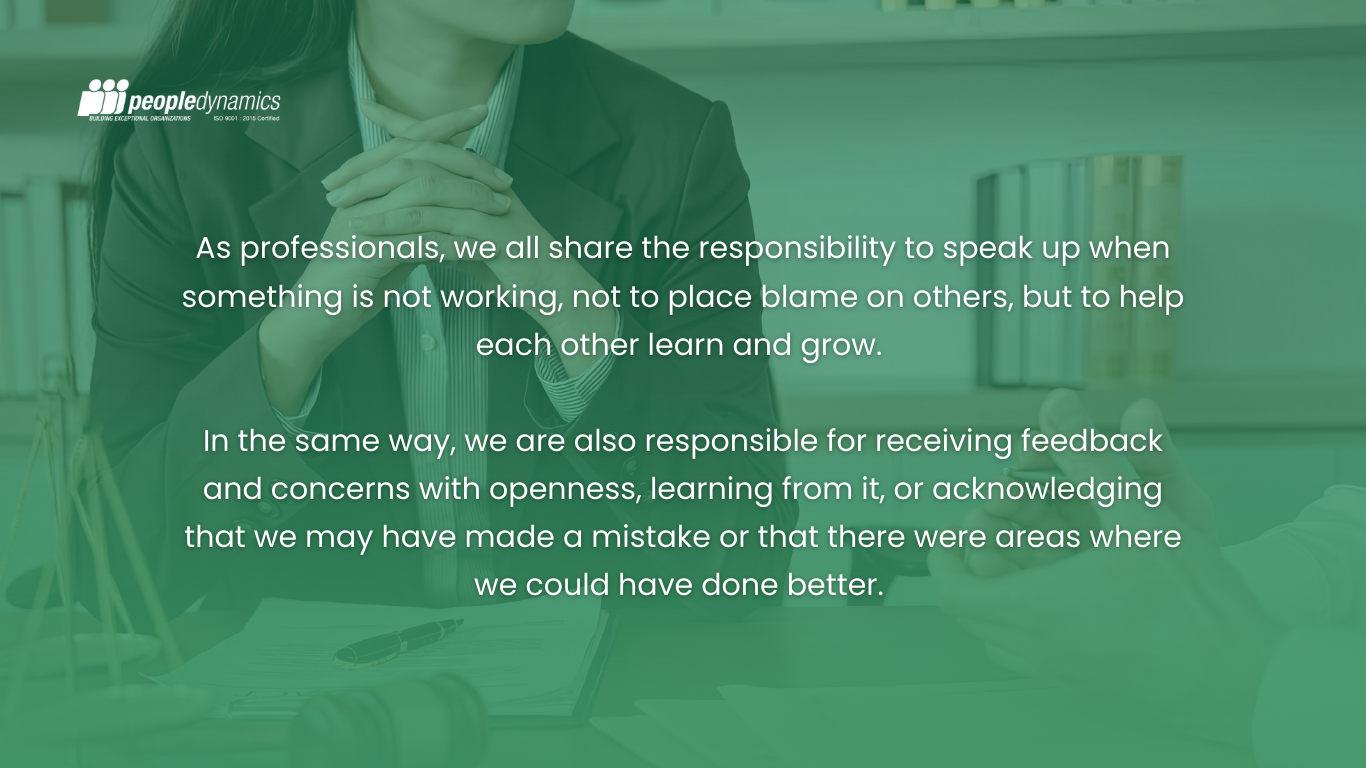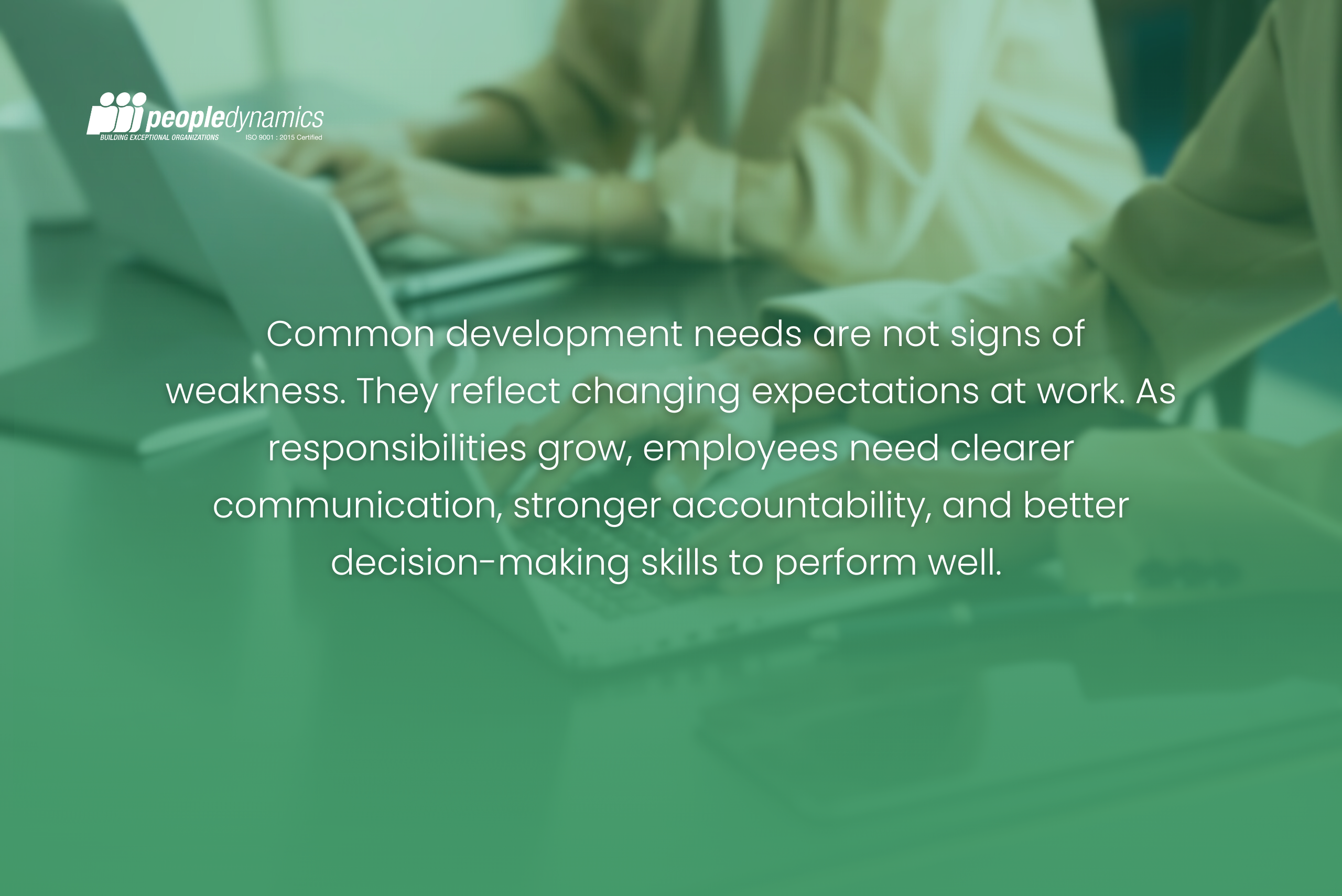Looking and improving technical or hard skills are important. These skills are essential to ensure that a person can do their job. But did you know that there’s another type of skill that you also need to focus on? These skills are called soft skills, the personal attributes, personality traits, inherent social cues, and communication abilities needed for success on the job. But while they’re called “soft”, they’re not “soft” at all, they’re essential.
Why are soft skills essential?
One common misunderstanding regarding soft skills is that they’re called “soft”. In fact, a 2018 Forbes article discusses how data reveals why the “soft” in soft skills is a huge misnomer. This “soft” simply means that these skills are not easily measurable. And, they can’t be learned–at least in a traditional classroom–like hard skills.
Soft skills can be dated back to the US Military between 1968 and 1972, where they excelled in training troops to use machinery but found that what made the soldiers successful was how the group was led. Numerous studies also came out through the years supporting the theory that success isn’t only through a person’s IQ, but also through traits such as grit, emotional intelligence, conflict management, and more.
As an employer, it’s necessary to select people with the hard skills you need. But it’s also equally valuable to evaluate them based on their soft skills to make sure that they’ll be successful in their jobs. This factor is what makes soft skills essential.
How can you hire for soft skills?
Now that you know how important soft skills are, how can you look for them in a talent? Here are some tips!
Use an assessment
Just because these skills aren’t easily measurable doesn’t mean that you can’t measure them at all. Through the work of psychologists and psychometricians, numerous assessments are now available on the market to help you measure the soft skills of a talent. Assessments give you reports and data regarding the skills you wish to assess, allowing you to make better hiring decisions. You could also choose to develop your own tests. Whatever option you choose, remember that you have to make sure that the assessments you use are valid and reliable.
Interviews
Despite how some people view job interviews as misleading, it’s one of the most powerful tools out there that you can use to truly get to know a candidate. Perhaps, one of the biggest benefits of interviews is that it’s flexible. You have the power to change questions, follow up on the answers, and dig deeper into a candidate through their responses. You can dive deeper by conducting behavioral event interviews. Ask your candidates to tell you stories on how they handled various scenarios that are related to the soft skills you’re looking for.
Interviews also allow you to assess a person without asking questions based on their actions and body language. For example, arriving on time shows punctuality and dependability and depending on a person’s body language, you can discern if a person is being honest or not.
Check references
One good tip for pre-employment screening is to check a person’s references. There’s a reason for them! And that reason is to testify to a candidate’s qualifications. A person’s references can share valuable information on their technical skills and performance. Most people put their previous managers, but don’t limit yourself to them. You could also ask former peers of the candidate. Peers can share more information on how this individual handled stress, how they collaborate and cooperate with others in the team, how they face responsibilities, and more. These allow you to know more about the candidate, especially regarding the soft skills that you’re looking for.
Technical or hard skills are important to ensure that a person can do their job. But whether they can perform effectively in their job and in your organization, technical skills aren’t enough. Soft skills determine the success of a person in their job, and that’s what makes them not “soft” at all, but essential.




